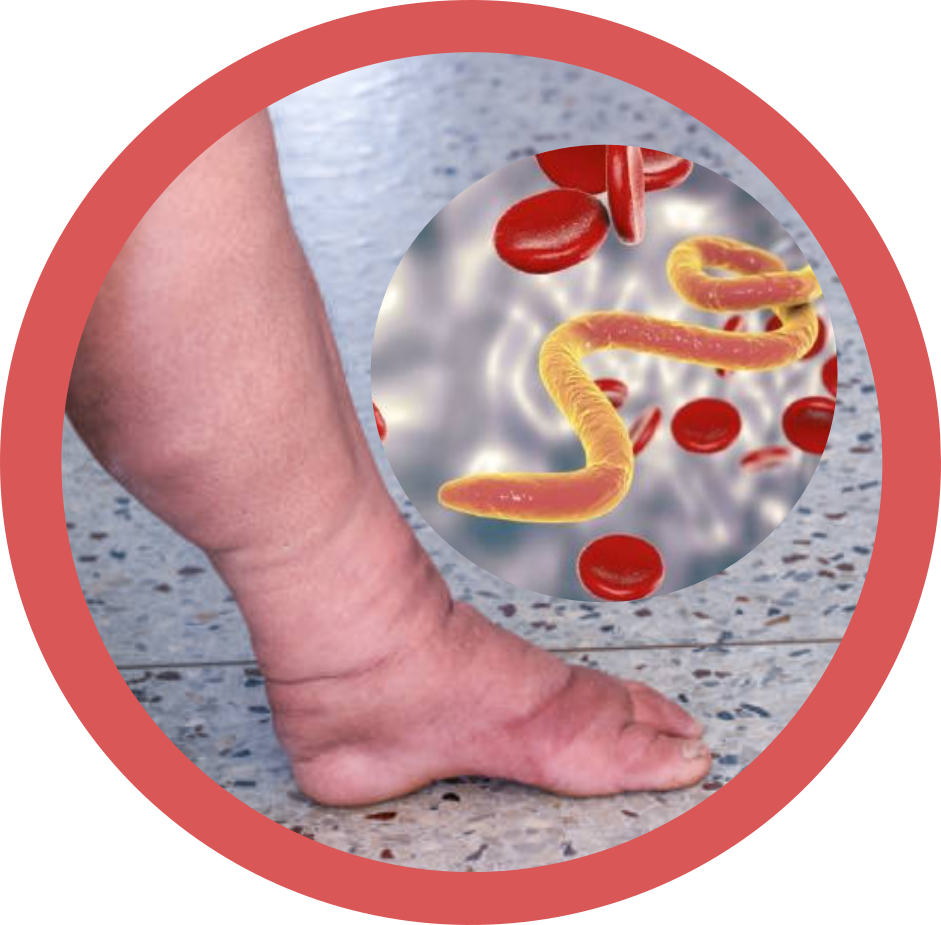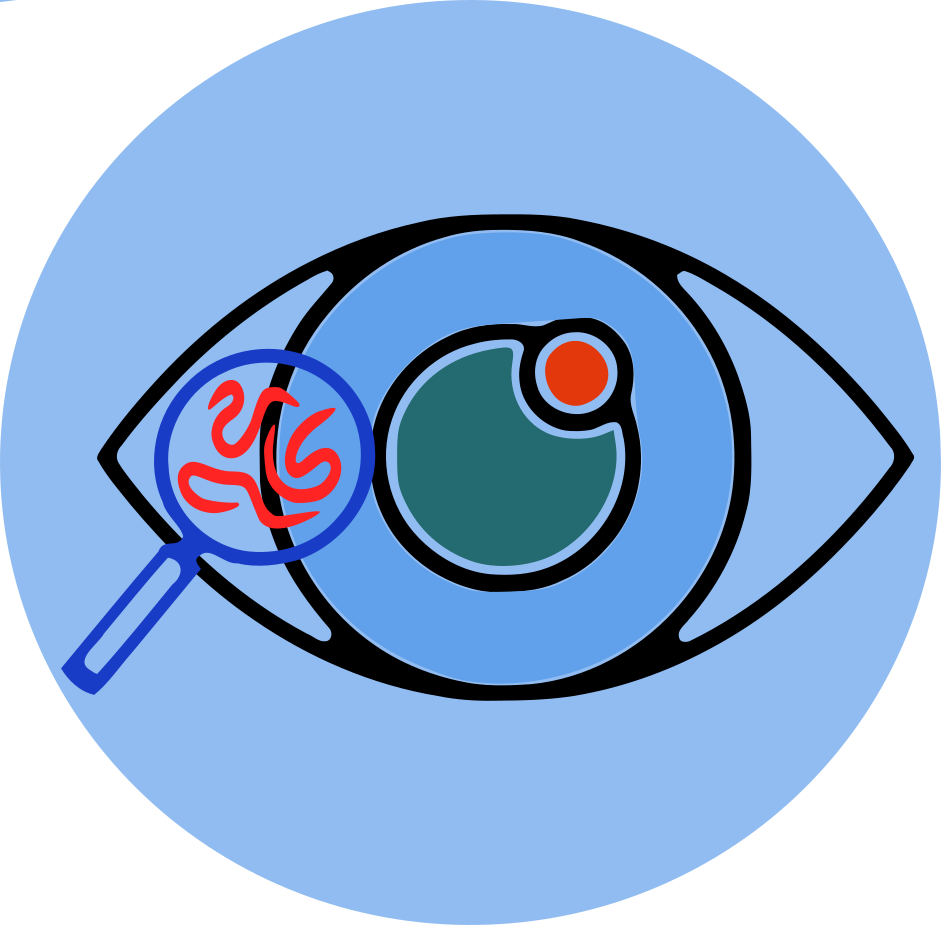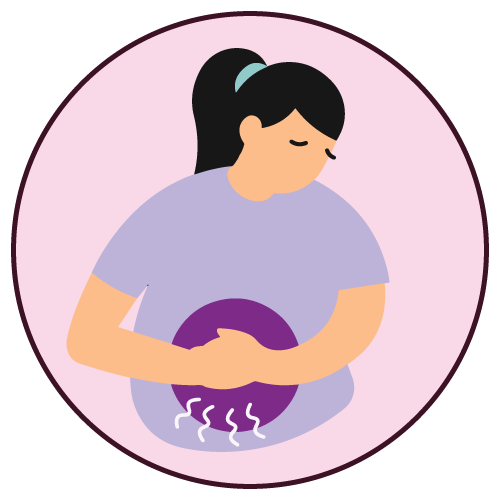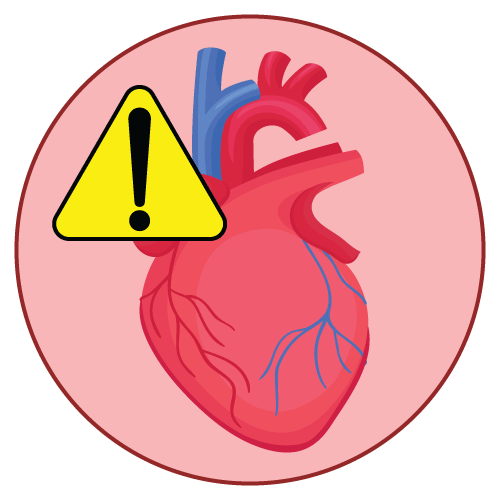| Name | Diethylcarbamazine Citrate |
| Classes |
Antiinfective Agent Anthelmintic/Antiparasitic |
| Diseases |
Filaria Infectious Disease Loiasis (Parasites) |
Diethylcarbamazine Citrate
Diethylcarbamazine Citrate belongs to the class of anthelmintic agents. The exact mechanism of action is not fully understood, but diethylcarbamazine is known to exert its anthelmintic effects by causing immobilization and death of microfilariae (larval forms of certain parasitic worms), making them more susceptible to host immune responses.
Diethylcarbamazine Citrate is indicated for the treatment of certain parasitic infections, including lymphatic filariasis (elephantiasis) and tropical eosinophilia caused by Wuchereria bancrofti, Brugia malayi, and Brugia timori.
-
For Bancroft's filariasis, loiasis, and river blindness:
- Adults: The dose is weight-based and should be determined by your doctor. Typically, the prescribed dose is 2 to 3 milligrams (mg) per kilogram (kg) (equivalent to 0.9 to 1.3 mg per pound) of body weight, three times daily.
- Children: The appropriate use and dosage should be determined by your doctor.
-
For eosinophilic lung:
- Adults: The dose is weight-based and should be determined by your doctor. Usually, the recommended dose is 6 mg per kg (equivalent to 2.7 mg per pound) of body weight per day. This regimen is typically followed for four to seven days.
- Children: The proper use and dosage should be determined by your doctor.
Adverse reactions are listed in decreasing order of frequency:
- Nausea
- Vomiting
- Abdominal discomfort
- Dizziness
- Fever
- Headache
- Rash
- Itching (pruritus)
- Hypersensitivity reactions
- Hypotension (low blood pressure)
- Joint pain
- Hypersensitivity Reactions: Monitor for signs of hypersensitivity reactions, and discontinue treatment if such reactions occur. Administer with caution in individuals with a history of allergic reactions.
- Neurological Effects: Use with caution in patients with pre-existing neurological conditions, as diethylcarbamazine may cause dizziness and headache.
- Pregnancy and Lactation: Use during pregnancy and lactation should be carefully considered, and potential risks and benefits should be weighed.
- Hypotension: Monitor blood pressure, especially in individuals prone to hypotension or with pre-existing cardiovascular conditions.
- Eosinophilia: Regular monitoring of eosinophil counts is advisable during treatment.
Contraindication
Contraindicated in individuals with a known hypersensitivity to diethylcarbamazine or related compounds.
None known.
- Severe Cardiovascular Disease: Use with caution or contraindicated in individuals with severe cardiovascular disease, especially those with a history of heart conditions.
- Pregnancy (especially first trimester): Contraindicated in pregnant women, especially during the first trimester, unless the benefits outweigh the risks.
 Bangla
Bangla English
English






